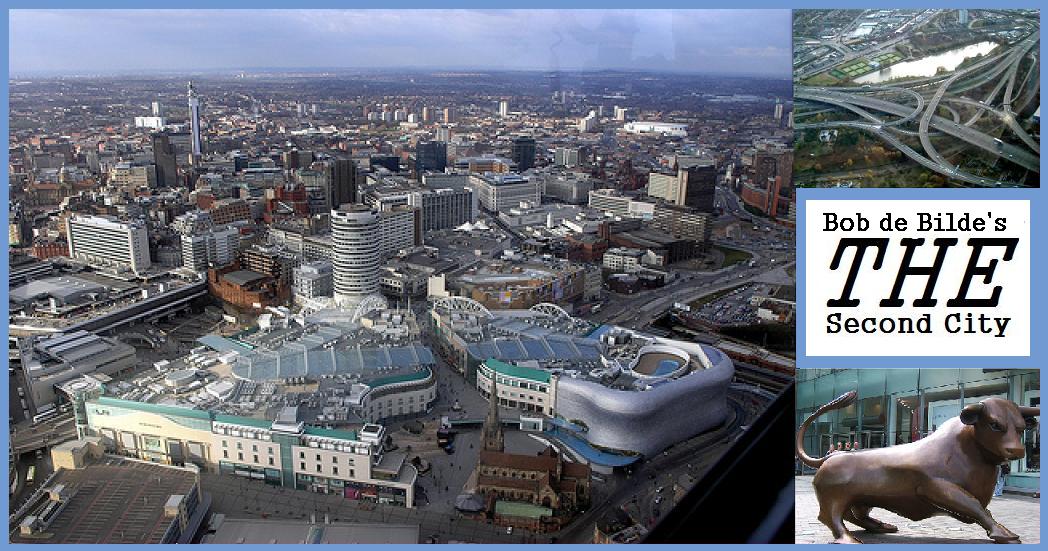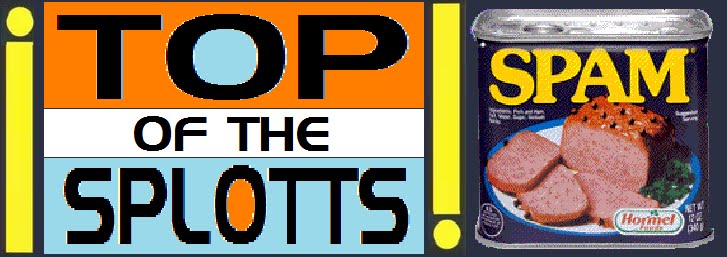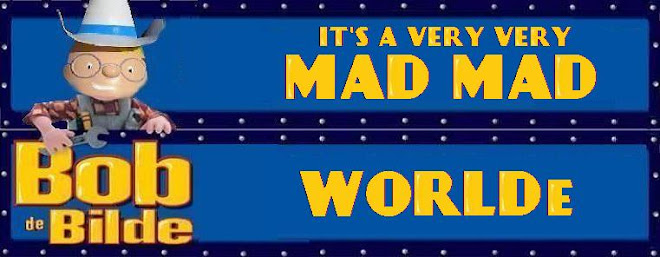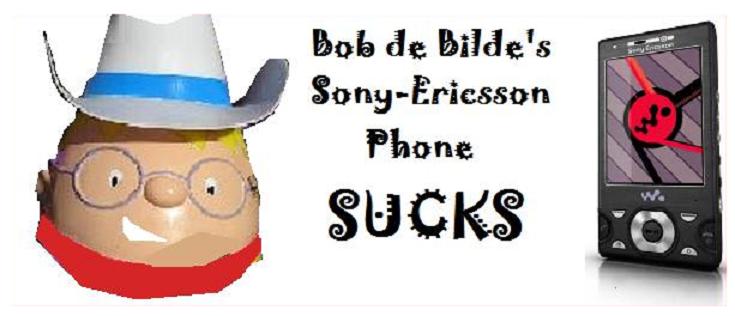
US food giant Kraft has revealed that 75 per cent of Cadbury’s shareholders have now accepted its £11.4 billion offer for the Bournville company.
Passing the threshold means Kraft can de-list Cadbury from the stock market from March 8, more than 40 years after the name first appeared on there.
Kraft has also repeated its call for any remaining hold-out shareholders to accept its 850p a share offer.
Once it secures 90 per cent of the shares, Kraft will be able to buy up the rest automatically. Kraft has already started clearing out Cadbury’s old management, with chairman Roger Carr, chief executive Todd Stitzer and chief financial officer Andrew Bonfield all announcing they will leave in the next few weeks. The Americans are expected to announce their own management team to take over at the Dairy Milk maker by the middle of next month.
Although Kraft boss Irene Rosenfeld has said the deal “will be good for the company, good for the UK and good for British manufacturing jobs”, her comments have failed to appease worried Cadbury workers, including 2,500 in the West Midlands.
The takeover this week triggered protests at Westminster from unions and workers from the company’s Bournville plant in Birmingham. They point to Kraft’s reassurances about the Terry’s factory at York, following the takeover of the Chocolate Orange firm in 1993. The factory was subsequently closed and its work transferred to Poland. And there was little comfort from a meeting on Tuesday night, hours after the deal was finally sealed, between Business Secretary Lord Mandelson and Ms Rosenfeld.
He said later Ms Rosenfeld had told him she expected a net growth in UK jobs following the takeover but he had not been reassured that Cadbury’s brands would continue to be operated from the UK.
The reality of the Kraft takeover will take Cadbury far from its origins in Bull Street, Birmingham, in 1824. It was a family-owned business until 1969, when it first listed on the London Stock Exchange after merging with US drinks business Schweppes.
The founding family remained involved in the business through Adrian Cadbury, who finally retired as Cadbury chairman in 1989, and his brother Dominic, who stepped down as chairman in 2000. After years of growth, Cadbury demerged from Schweppes and sold off its European soft drinks business, to re-emerge as one of the world’s biggest sweets companies two years ago.
Its success, with ever-growing sales in more and more countries, made it an irresistible target for Kraft, which launched its takeover attempt five months ago. Cadbury spurned Kraft’s advances, and the bid went hostile. But the deal was accepted when Kraft added another £1 billion to its offer.















































No comments:
Post a Comment